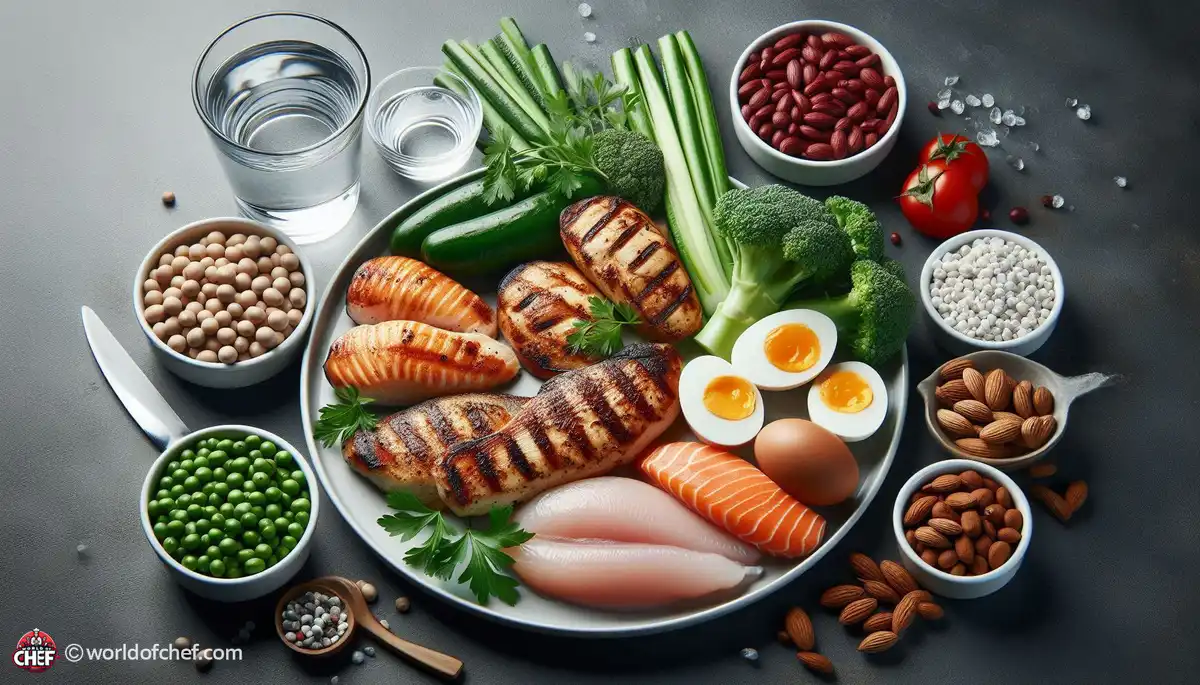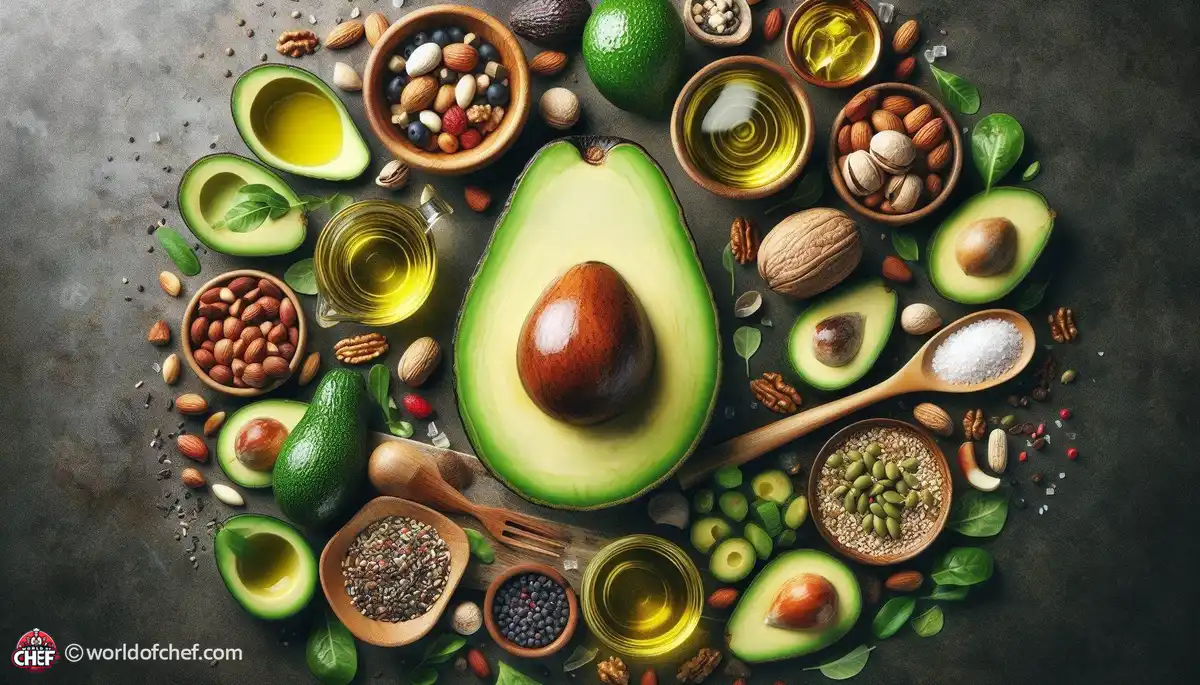
Dinner Delights: High-Fiber Recipes for Every Palate
Clarence Guido - Oct 7, 2024 - 7 min read


Lean proteins are unsung heroes in an excellent diet. They contribute to muscle formation and facilitate various body functions. They do not contain Saturated Fats, as is the case with fatty cuts of meat or processed sources of protein. They contain higher concentrations of essential nutrients. These include poultry, fish, tofu, legumes, and low-fat dairy products. These can have a great impact on your overall health and metabolism.
Your metabolism is the process by which your body converts food into energy. Lean proteins play a very important role in this process because they require more energy to digest compared to fats and carbohydrates. The body burns calories just from metabolizing the lean proteins alone, hence the phenomenon being referred to as the thermic effect of food (TEF). Further, the use of lean proteins promotes preserving and increasing lean muscle mass which further amplifies the boost in your metabolism. If you raise your consumption levels of lean proteins, this will supercharge your metabolism and get you to be fit for a healthy life.
While lean proteins are great for boosting metabolism, it is also important to note that balanced nutrition should be given more importance. The body needs different types of nutrients to function at their best. These include carbohydrates, fats, vitamins, and minerals. Adding lean proteins to your diet is one part of the solution, but not the whole of it. You want to have a well-rounded diet with a lot of fruits, vegetables, whole grains, and healthy fats. With a focus on nutrient-dense foods, you can give your body just what it needs to deliver the right fuel for that metabolism and good health down the line.
Adding more lean proteins does not need to be difficult. For that matter, you actually can eat more protein each day using simple yet yummy ways to increase protein content. Replace processed snack times by using yogurt, nuts or even hummus spread on veggies. Half should be filled with vegetables. You should use lean protein on one-quarter, and whole grains fill in the other quarter. This will get you reaching for the nutrient while keeping metabolism alive.
Always test out new dishes to achieve higher intake levels of these proteins. Try grilled salmon with roasted vegetables, tofu stir-fry with brown rice, or chicken and vegetable kebabs. The beauty of salads is not in the lettuce but can come from adding lean proteins sources such as grilled chicken, shrimp, or beans to spice things up. One shouldn't be afraid of experimentation and trying new tastes and ingredients. With just a little creativity, great dishes that support your metabolism while keeping you satisfied may emerge.
Meal planning is where the magic happens in regard to lean proteins. Make time every week to determine what you will eat for meals and snacks, which should be rich in protein sources. Prepare large batches of lean proteins such as grilled chicken or turkey meatballs to be used during the week in quick and easy meals. In addition to that, prepping your ingredients like chopped veggies, cooked quinoa, or boiled eggs, are also good ways of prepping and also make it easier while cooking. Prepping ahead of time is the best way you can set yourself up to succeed and make eating healthy easy.
You have to combine these lean proteins with workout, as merely eating them will not trigger much boost in your metabolism. Strength training is a high source of lean muscle mass; this will increase your resting metabolic rate. Make sure you include a combination of cardio and strength training for your fitness program to properly maximize the results. Infusing your exercise routine in protein-rich foods and liquids will feed the muscles with energy while assisting in healing.
Properly hydrated is also a prerequisite for a healthy metabolism aside from the balanced diet and exercise. Water is employed in nearly all metabolic processes, including the breakdown of nutrients and transportation of waste products. Drink water during the day, especially before and after meals. Other drinks can include herbal teas and infused water to help one hydrate, though not only offering a source of flavor or some variety to the liquids consumed. Hydration then will be helping your body through its metabolism process, too.
Sufficient sleep is also something you rarely give any credit for concerning your metabolism. Poor sleeping will interfere with your levels of hormones including the hormones regulating your feelings of hunger and satiety that you might eat excessively and end up gaining weight. The ideal recommendation is to sleep for at least seven to nine hours a night to ensure quality metabolic function, as well as overall health. Develop a calming bedtime routine, decrease your screen time before bed, and enhance the comfort of your sleep environment. Now it's time to rest and recover to optimally boost metabolism.
In a nutshell, increased lean protein intake does not only boost metabolism but rather plays a key role in promoting health and well-being overall. The choices you make when selecting a source of protein are more important as nutrient-dense sources may offer support for your natural bodily processes, making it more possible to reach wellness goals. Start experimenting with new recipes, meal planning strategies, and lifestyle habits to figure out what will work for you. And so, with that little creative and hard effort, one can start making the lean proteins work effectively for higher metabolism and even thrive under such conditions.

Clarence Guido - Oct 7, 2024 - 7 min read

Lydia Timmerman - Oct 6, 2024 - 6 min read

Logan Trowbridge - Oct 6, 2024 - 7 min read

Wayne Tobar - Oct 4, 2024 - 8 min read